Amina Luqman-Dawson loves using writing to tell stories and to build an understanding of race, culture and community. Her published writing includes op-eds in newspapers, magazine articles, travel writing and book reviews. She authored the pictorial history book Images of America: African Americans of Petersburg (Arcadia Publishing) as well as the novel Freewater. She’s worked as a policy professional, researcher and consultant on issues of education and criminal justice. She has a BA in Political Science from Vassar College and a Master of Public Policy from UC Berkeley. She’s a proud mother of a 13-year-old son. She, her husband and son reside in Arlington, VA.
I had the opportunity to interview Amina which you can read below.
First of all, welcome to Geeks OUT! Could you tell us a bit about yourself?
I was born in New York City yet raised in Lynwood, California (that’s in Los Angeles County). I am trained as a policy professional, however, part of me had a desire to write. For years I moonlighted as a writer. I did op-eds for newspapers that appeared in the Washington Post, the San Francisco Chronicle and more. I also did travel writing for a magazine and some journal article writing. I wrote a pictorial history book entitled Images of America: African Americans of Petersburg (Virginia). These were all wonderful experiences. Still, I had a desire to write fiction. Over several years, I undertook the project to write Freewater.
What can you tell us about your newest book, Freewater? Where did the inspiration for the story come from?
Freewater is the story of two children, Homer and Ada, who escape enslavement on a plantation. They run into a nearby swamp and deep within it, they discover a clandestine community of formerly enslaved runaways, called Freewater. Homer and Ada meet other kids while in Freewater and they learn what it means to be free and find lots of adventure along the way.
I was inspired by a very cool nugget of history—maroons in America. Enslaved people who sought refuge deep in the swamps and forests of the south. Many were caught, but some managed to survive and live free. That’s quite an inspirational piece of history. What was equally motivating was using that maroon setting to connect young readers to the lives, hearts and minds of enslaved children. That felt like important work. Inspiration also helps when you have a great support system around you.
As a writer, where did you find your love for storytelling? And what drew you to the realm of historical fiction, as well as fiction for younger readers?
Growing up I loved reading fiction. I always think of my middle grade years as the best reading time of my life. The stories felt so vivid and I truly felt like I was being taken to new places through them. I think that’s why I chose to make Freewater a middle grade book. I wanted to create that same feeling for my son, and for other kids in their middle grade years. I’ve also always enjoyed learning about history through storytelling. As an adult I see the importance of sharing history, particularly history that has been overlooked or rarely told. In particular, I was struck by the way our nation tends to treat its history of slavery and the enslaved people within that system. There’s great avoidance, fear, pain and awkwardness surrounding how we feel about the subject. I knew historical fiction could address that shortcoming. My book creates an opportunity to place hope, empowerment and love at the center of how we feel about enslaved people and decenters feelings of victimization and pain.
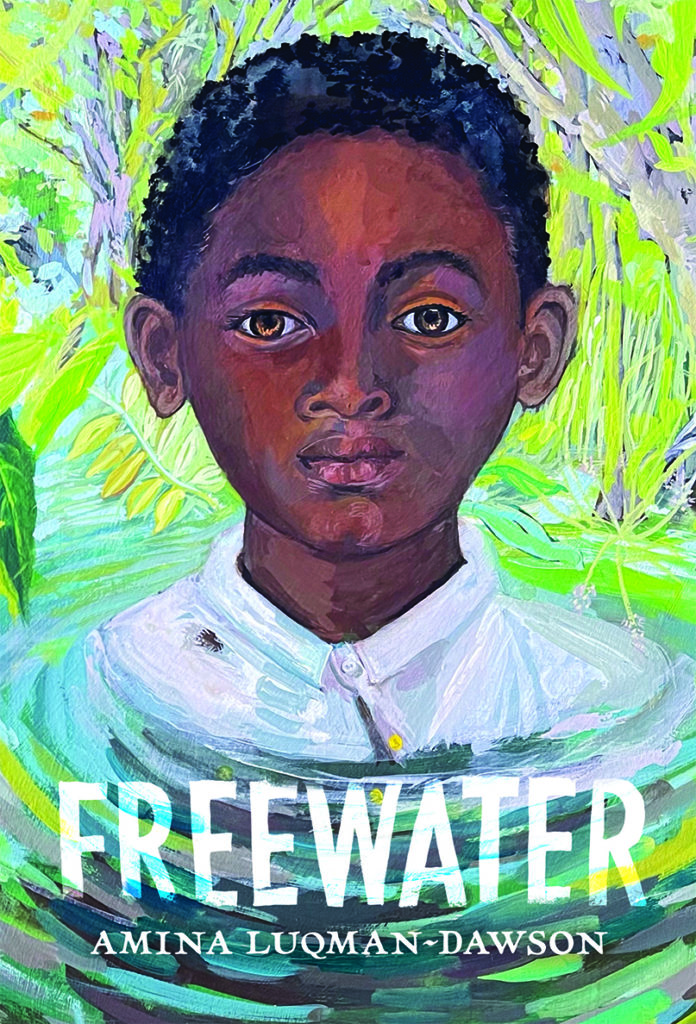
How would you describe your writing process? What helps you become or stay inspired and motivated?
This is my debut novel so I can only speak to this experience. I researched and wrote this novel off and on over several years. I began with a very rough draft of about fifty pages. Those fifty pages had the basic arc of the story. From there I revised and revised more times than I can recall. Each time the story became more layered and the characters deepened. I felt inspired to continue because I thought it was an important story to tell. I was lucky because I also had a wonderful support system of people who kept encouraging me to continue, particularly my husband.
What are some of your favorite parts of writing when it comes to craft? What do you find are some of the most challenging or difficult for you personally?
I think I most enjoy crafting a great story. In Freewater I was always preoccupied with the movement of the story and keeping the reader’s attention in a way that made sense. It’s great fun taking readers to the edge of their seats. In writing I most feared character development. It was new to me and I wanted the characters to resonate with readers. As a result, I started writing the story using very few characters. During revisions I layered on each one separately. It was a laborious process, and in the end I’d say the characters in Freewater are what I’m most proud of in the book.
Aside from your work as a writer, what are some things you would want readers to know about you?
I’m also a mom of a fabulous thirteen-year-old son. Hmmm, here’s some other random stuff. I love historical documentaries. I have a bird’s nest outside my window and I spend lots of time peeking in at the birds who choose to nest there. There’s nothing better than a nice urban park.
What are some things you would want readers to take away from your book, Freewater?
I want readers to leave feeling that they’ve connected to people who were enslaved. If they feel connected, some of the awkwardness, pain and fear we tend to carry around about the nation’s enslaved ancestors will have been washed away.
What’s a question you haven’t been asked yet, but wish you were asked (as well as the answer to that question)?
What are some great things to take your manuscript from an idea to a published work?
It really takes a team. First, it’s great to have your personal team. Your partner or friends and family cheering you on. Then it’s great to have your writing team—a seasoned writer as a mentor, a new writer like yourself who is also trying to figure things out and other people whose opinion you trust. Then it’s great to being open suggestions and to taking chances with your writing.
What advice might you have to give to other aspiring writers?
Keep writing. If you aren’t finding the success you seek, bring other writers (new and seasoned) into your life for feedback and support. Don’t be afraid to experiment with your writing, it can always be revised or re-written. FREEWATER is my debut novel and at several junctures I wasn’t sure of my ability to write in one way or another. I soon learned the value of taking the leap and trying to do the things I most feared.
Do you have any books to recommend for the readers of Geeks OUT?
I have a fabulous picture book I just purchased for my niece and nephew! It’s entitled When Langston Dances, by Kaija Langley. It’s a wonderful story of a Black boy who loves dance despite feeling the pressures of only doing other things like basketball. It’s great for readers to see kids outside of their typical gendered spaces.
Header photo taken by Zachariah Dawson

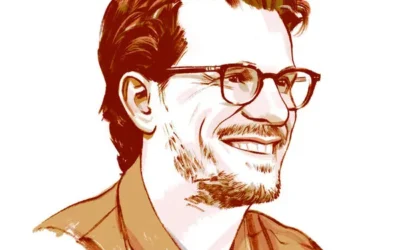
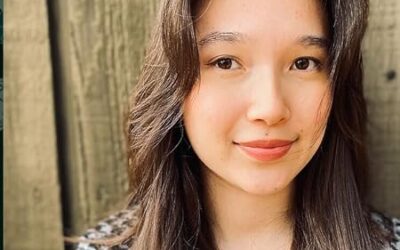
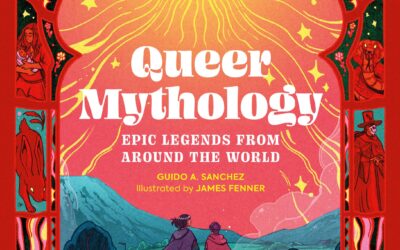
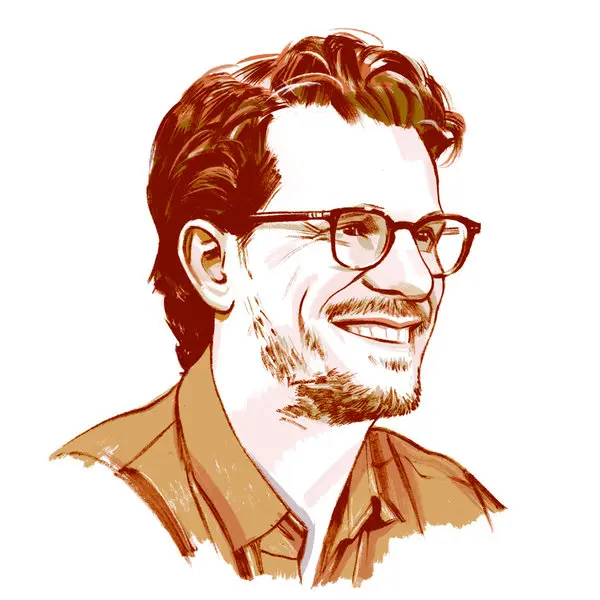
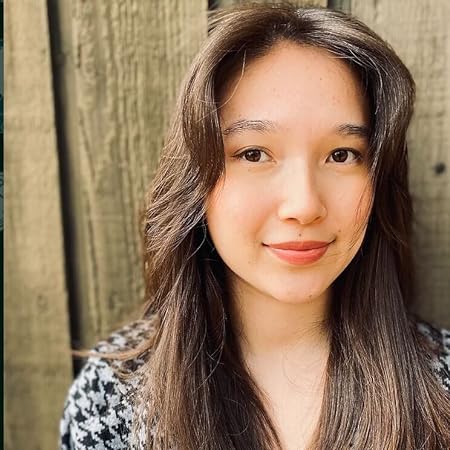
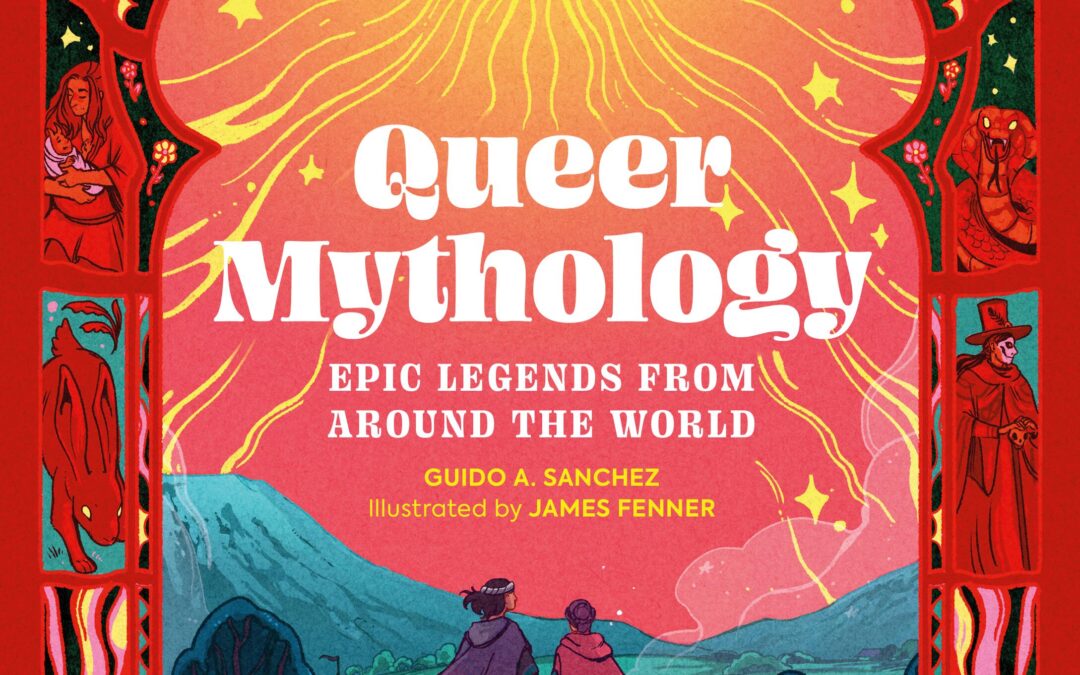
0 Comments